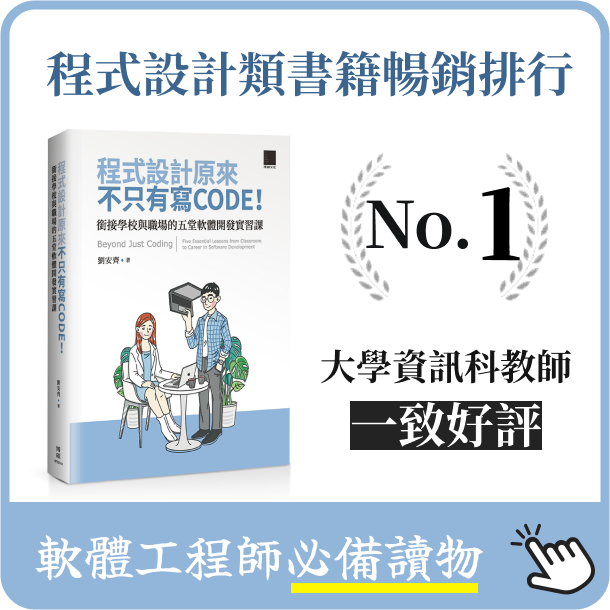使用 Tensorflow 開發花朵種類辨識 App
- 2017-07-28
- Liu, An-Chi 劉安齊
前言
最近機器學習、人工智慧、深度學習等等名詞非常夯,本篇用深度學習簡單實作一個可以辨識不同種類花朵的 Android App。第一部分是訓練圖片的模型,這時已經可以在電腦上作辨識了。第二部分是將第一部份訓練的模型放進 Android 裡面,實作手機辨識的部分。
第一部分
¶ 環境設定
¶ Anaconda
Anaconda 可以建立虛擬環境來跑 Python,好處是可以建立很多種不同的環境來測試,並且使用 Anaconda 時 pip 不用 root 權限。
$ wget https://repo.continuum.io/archive/Anaconda3-4.4.0-Linux-x86_64.sh
$ bash Anaconda3-4.4.0-Linux-x86_64.sh
¶ Python & Tensorflow
建立一個虛擬環境,因為我用 python2.7 搭配 tensorflow1.1 所以環境名稱取為py2t1.1
$ conda create -n py2t1.1 python=2.7
安裝好環境後,要進入虛擬環境,啟用是用 activate
$ source activate py2t1.1
(py2t1.1)$ # 會顯示成這樣
而取消啟用是用 deactivate
$ source deactivate
接著要安裝 tensorflow,我這邊版本是用 tensorflow1.1 python2.7 CPU 版本,有其他需求可以在這裡找其他版本。
(py2t1.1)$ pip install --ignore-installed --upgrade \
https://storage.googleapis.com/tensorflow/linux/cpu/tensorflow-1.1.0-cp27-none-linux_x86_64.whl
這樣就把環境設置好了。
¶ 訓練模型
¶ 前置作業
這時候可以在虛擬環境裡,也可以不在。只有當要使用 python 跑 tensorflow 時才一定要進入設置好的虛擬環境。
建個資料夾
$ mkdir flower_classification
$ cd flower_classification
取得花朵照片
curl -O http://download.tensorflow.org/example_images/flower_photos.tgz
tar xzf flower_photos.tgz
取得 retrain.py,這是使用 Inception v3 訓練好的圖片辨識模型,並在最後加上新的一層網絡,然後重新訓練一次模型來辨識照片。
$ curl -O https://raw.githubusercontent.com/tensorflow/tensorflow/r1.1/tensorflow/examples/image_retraining/retrain.py
¶ 開始訓練
先進入環境
$ source activate py2t1.1
$ python retrain.py \
--bottleneck_dir=bottlenecks \
--model_dir=inception \
--learning_rate=0.5 \
--summaries_dir=training_summaries/long \
--output_graph=retrained_graph.pb \
--output_labels=retrained_labels.txt \
--image_dir=flower_photos
訓練完之後會產生 retrained_graph.pb 和 retrained_labels.txt,這兩個檔案可以拿來分析新的照片。
¶ 辨識照片
取得 label_image.py 這是辨識的程式碼
$ curl -L https://goo.gl/3lTKZs > label_image.py
執行辨識
$ python label_image.py 要辨識的花朵照片.jpeg
結果大概會像這樣
daisy (score = 0.99071)
sunflowers (score = 0.00595)
dandelion (score = 0.00252)
roses (score = 0.00049)
tulips (score = 0.00032)
第二部分
¶ 前置作業
tensorflow-for-poets-2 是 googlecodelab 的範例 Andriod App 專案
$ cd ~/
$ git clone https://github.com/googlecodelabs/tensorflow-for-poets-2
$ cd tensorflow-for-poets-2
將剛剛訓練好的花朵辨識整個資料夾 flower_classification 複製進去
$ cp -r ~/flower_classification .
¶ 處理模型
優化
$ python -m tensorflow.python.tools.optimize_for_inference \
--input=flower_classification/retrained_graph.pb \
--output=flower_classification/optimized_graph.pb \
--input_names="Cast" \
--output_names="final_result"
壓縮
$ python -m scripts.quantize_graph \
--input=flower_classification/optimized_graph.pb \
--output=flower_classification/rounded_graph.pb \
--output_node_names=final_result \
--mode=weights_rounded
將 rounded_graph.pb 和 retrained_labels.txt 放進 android/assets 資料夾
$ cp flower_classification/rounded_graph.pb flower_classification/retrained_labels.txt android/assets/
¶ 安裝 AndroidStudio
https://developer.android.com/studio/index.html
¶ 開啟 Android 專案
打開 AndroidStudio,選擇 “Open an existing Android Studio project”,選擇資料夾 tensorflow-for-poets-2/android。 然後它會問是否用 gradle,選擇"ok"。 等 gradle 更新好之後,就可以 build 了。最後再把 APK 安裝到手機上。
¶ 參考資料
https://codelabs.developers.google.com/codelabs/tensorflow-for-poets/index.html#0
https://codelabs.developers.google.com/codelabs/tensorflow-for-poets-2/#0
